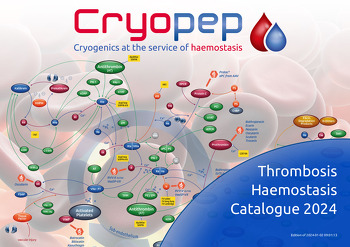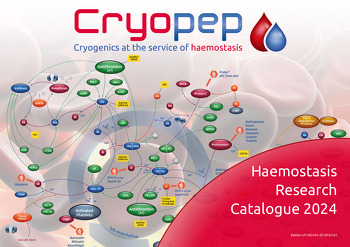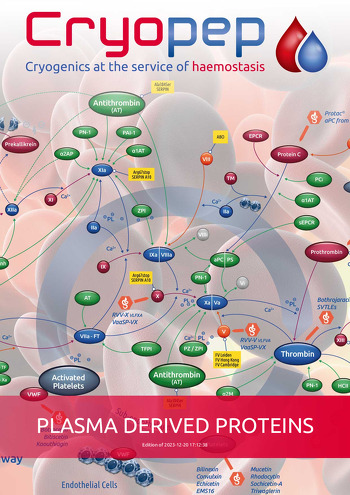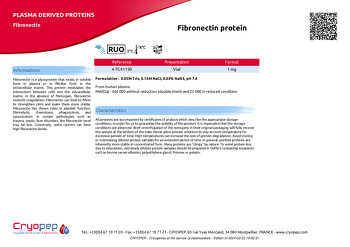HEMOSTASIS COAGULATION RESEARCH PLASMA DERIVED PROTEINS FIBRONECTIN
Fibronectin protein




Formulation : 0.05M Tris, 0.15M NaCl, 0.03% NaN3, pH 7.4
Access on the manufacturer's website TECHNOCLONE
From human plasma
MW(Da) : 440 000 without reduction (double chain) and 22 000 in reduced condition.
Access on the manufacturer's website TECHNOCLONE
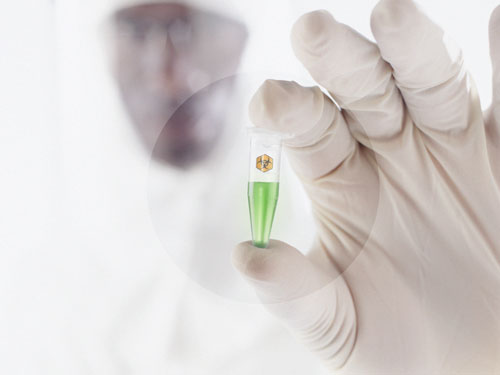
| Reference | 4-TC41150 |
|---|---|
| Presentation | Vial |
| Format | 1 mg |
| Quote |
Price list, safety data sheets and notices are accessible to our registered customers.
| Reference | Presentation | Format | Quote | Product sheet |
|---|---|---|---|---|
| 4-TC41150 | Vial | 1 mg |












